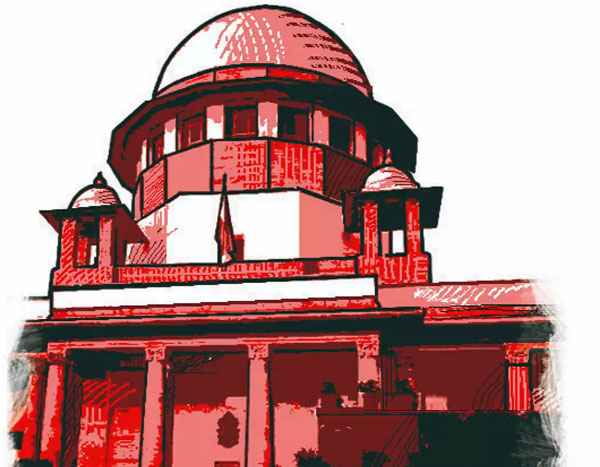DOGRA HERALD BUREAU
New Delhi, Dec 12
The Supreme Court has said the Enforcement Directorate and its director may provide instructions related to the facts of a money laundering case but they cannot direct their prosecutors on how to conduct themselves in court.
The top court ruling underscored the independence of public prosecutors as officers of the court and limits the influence of investigative agencies in judicial proceedings.
The observations were made in an order by a bench of Justices Abhay Oka and Augustine George Masih on Wednesday while granting bail to Zeeshan Haider and Daud Nasir, who were arrested in connection with the Delhi Waqf Board money laundering case.
The bench took note of their prolonged incarceration and believed that the trial would not begin in the near future.
The bench clarified the limits of the ED’s authority over public prosecutors while addressing a trial court’s directive that the director of the anti-money laundering probe agency issue instructions to prosecutors not to oppose bail applications in cases where trial delays were caused by the agency.
“We may also note here that the Enforcement Directorate and its director can give instructions to public prosecutors on facts of the case. However, the Enforcement Directorate or its director cannot give any instructions to the public prosecutor about what he ought to do before the court as an officer of the court,” the bench said.
The bench said the trial court order should not restrict public prosecutors from opposing bail in situations where trial delays are not the fault of the ED.
“This observation will not prevent public prosecutors from opposing a bail petition on the grounds that acts or omissions on the part of the Enforcement Directorate are not responsible for the delay of trial,” it said.
The trial court had earlier criticised the ED for causing delays in the trial while granting bail to another accused, Kausar Imam Siddiqui, in the same case.
Justice Oka described the trial court’s earlier directive to the ED’s director as “drastic” but acknowledged that public prosecutors must act fairly and transparently.
“It is well settled that the public prosecutor has to be fair. If a case is covered by a binding precedent, it is his duty to point out the same to the court. Perhaps the learned special judge intended to say that when the public prosecutor is satisfied that the trial has been delayed on account of default or conduct on the part of the Enforcement Directorate, the public prosecutor should take a fair stand,” the bench said.



























